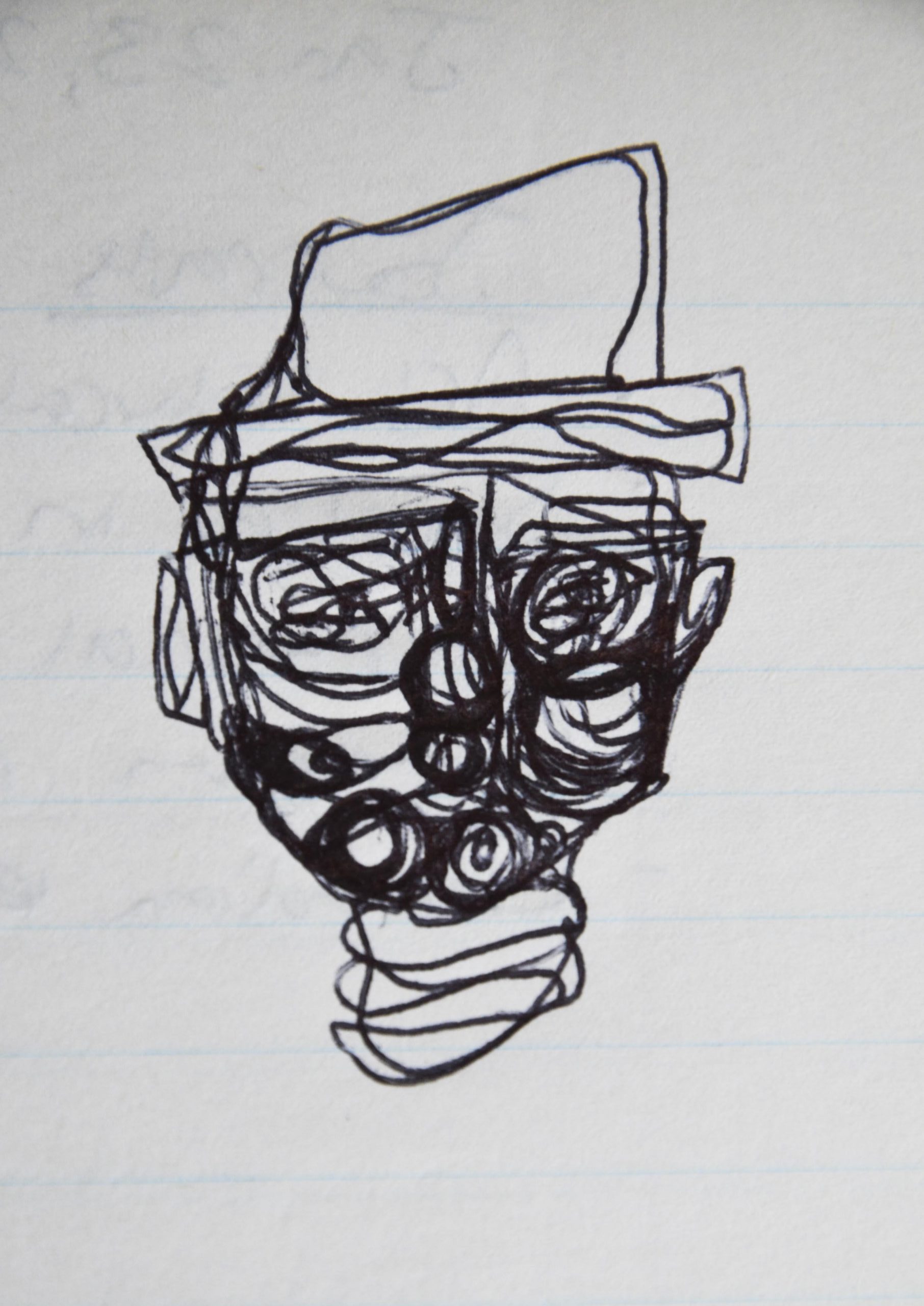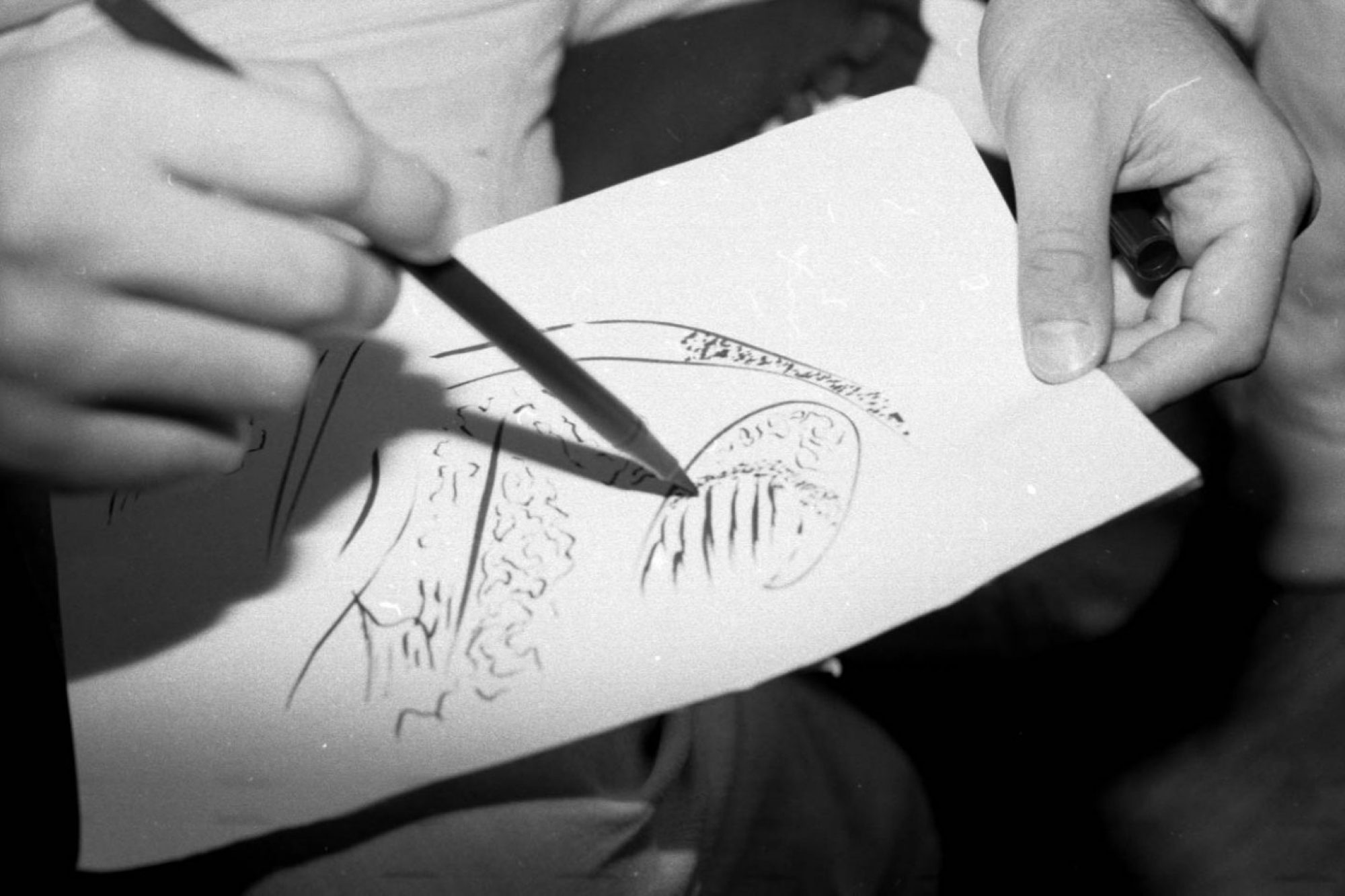Reflecting upon an excerpt from Deborah Britzman’s Practice Makes Practice

Roland Barthes describes myths as being a “magically” unified commonality, a series of autonomous signs that dismiss the history that gives signs their value. In the excerpt from Britzman’s book, she describes myths surrounding the role of the teacher and knowledge. As a teacher candidate, there exists the constant tension between what is expected of me as an educator. Britzman describes the struggles as “a conflict in and with authority, imagination and flurries of autobiography.” Recently I had a friend ask me about the struggle of maintaining an artist and teacher identity, especially online. What I choose to repress, or in less dramatic terms, not reveal as an artist and aspiring professional educator is a small sacrifice for the future ahead.
Britzman tells the story of balance. How it is a mastery of playing mutliple roles as a teacher and choosing when and when not to show vulnerabilty even in the most difficult of times. Losing control of class, or of emotions, is a loss of power, and a loss of power is not the characteristics of the “expert teacher.”
An interviewer may ask, Why do you want to be a teacher? I feel that many teacher candidates believe exactly what Britzman says: they were somehow called into being or “summoned” into the position. I think that it’s important to retrace the journey of my personal experience to recall the reason that I chose a constantly transformative role.
I’ve always loved learning and being a student. I was alert to feedback on the track when the coach told me to raise my knees higher, I am attentive to my English teacher when he said I needed to write with more clarity (I still write in flowery language, continuing to learn how to get straight to the point.) I also love people. People are walking stories. My favourite work experiences were at restaurants or being a youth program leader, both involving people. I enjoy learning, and I enjoy teaching as another way of doing, thinking or being that I thought was not possible before. I can only hope that there is an exchange of knowledge where the student also shares something to me and whether I have supposedly known the fact before is irrelevant. The person is the walking story, and once they’ve told the story the knowledge is already different.
Which brings me to the last point of knowledge itself, and what it really is. Britzman says “Experience becomes meaningful only after it is thought about.” My experiences are biased and only exist when I remember. What happens to the knowledge I forget, and why do I eliminate certain experiences from my memory? Moments of discomfort and doubt enter the realm of “unmediated knowledge” and probably the most important kind. The long practicum bursted past me. I keep journals and drawings as a way to retrace my steps during one of the most challenging points in my life. Putting theory into practice doesn’t mean that I will get used to the spontaneity of the teaching profession. The practicum allowed me to embrace it, to provide the push and pull the students need to get started and continue, and to step back when they start teaching each other and teaching themselves.
